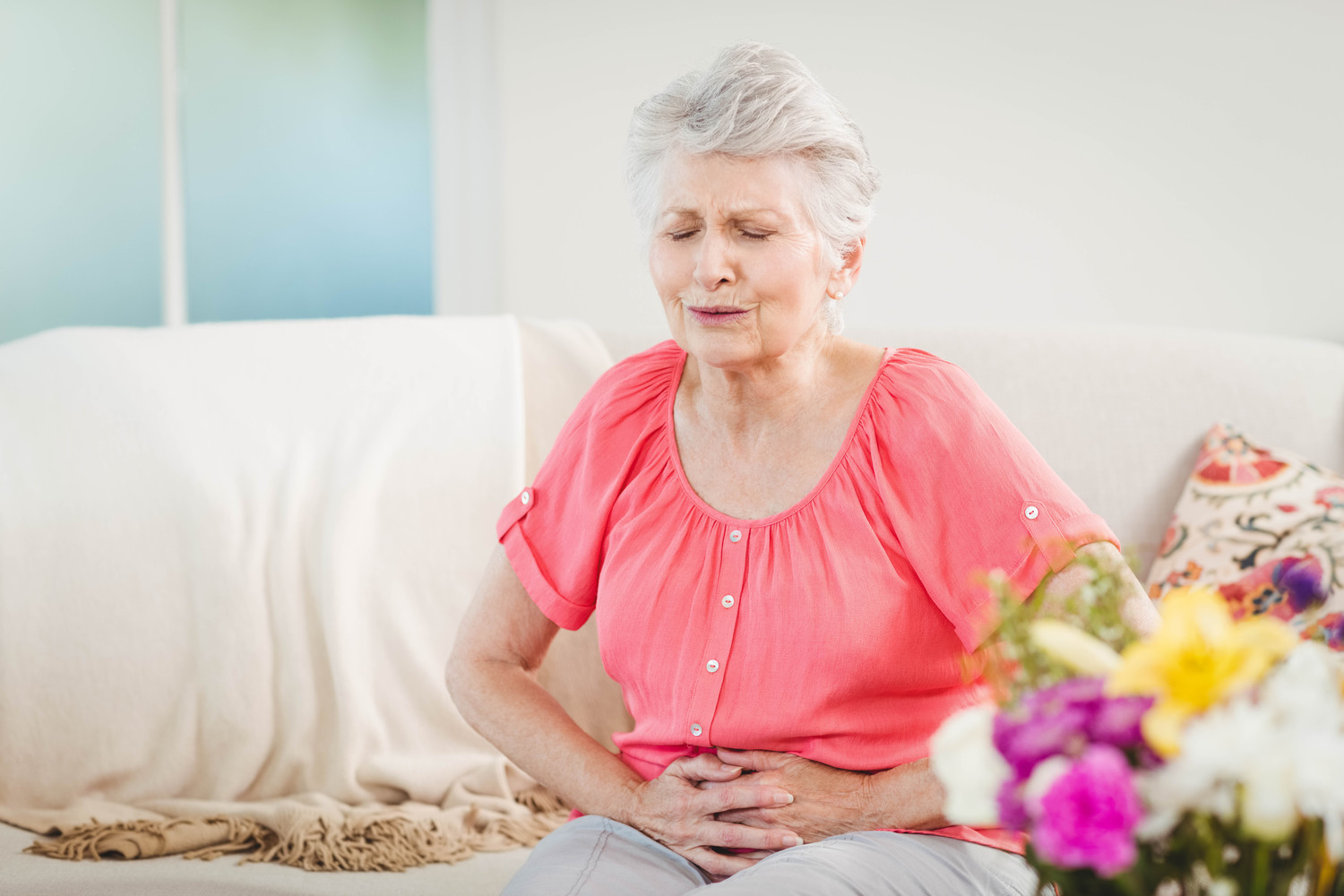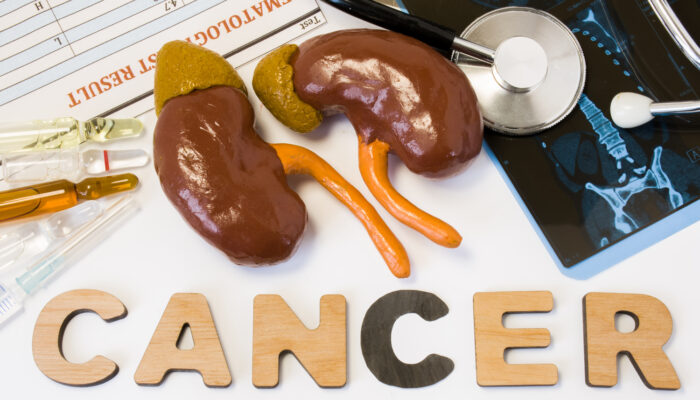
Tips to Handle Ulcerative Colitis
Ulcerative colitis (UC) is a type of inflammatory bowel disease (IBD) that causes chronic inflammation, irritation and ulcers along the lining of the colon and the rectum. The cause of UC is unknown, but many believe stress, diet and immune system malfunction (whereby the immune system tries to attack the bacterium or virus, but mistakenly attacks the digestive tract cells) are contributing factors.
Symptoms of UC include periods of flare ups of abdominal pain, diarrhea and loose and bloody stools. Managing your symptoms and recognizing the factors that trigger UC flare-ups can help extend remission periods (or durations with no symptoms). Some useful tips for managing UC symptoms and improving your quality of life include diet, eating small meals, exercising, reducing stress and taking medications:
1. Avoid triggering foods
Certain foods can trigger UC flare-ups. The severity of the flare-ups depends on the person. Fiber found in foods can keep you regular, and it can contribute to your bowel health. Unfortunately, like most things, too much fiber can trigger UC flare-ups. Adding one gram of fiber per serving to your diet is recommended. Below are some foods that can worsen your symptoms of colitis:
- Dairy
- Beans
- Raw fruits and vegetables
- Popcorn
- Spicy foods
- Artificial sweeteners
- Fatty foods
- Nuts and seeds
- Red meat
2. Drink plenty of liquids
Dehydration is an issue for colitis patients due to frequent diarrhea. Beverages that help with colitis symptoms include:
- Plenty of water
- Fruit juice 100% (no pulp)
Beverages to avoid include:
- Alcohol
- Carbonated drinks
- Caffeinated drinks
- Milk
3. Eat smaller meals
Eating smaller meals can help your digestive system. Instead of three large meals, eat five meals or more per day to see if there is an improvement in your symptoms
4. Exercise regularly
Adding daily exercise to your daily routine can ease stress, boost your mood, suppress inflammation and improve depression and anxiety. Find the type of activity that is best and convenient for you. Walking, yoga, biking and swimming are low-intensity activities that can help
5. Reduce stress
Stress does not cause UC. However, it can trigger and intensify symptoms. When the body is under pressure, it goes to the frantic mode and does not know whether to fight or take flight. When hormones are released, they increase your adrenaline, boost your heart rate and incite an inflammatory response. Managing stress can help overcome flare-up and lower inflammatory response. Some ways to reduce stress include:
- Deep breathing exercise
- Meditation
- Plenty of sleep
- Yoga
- Self care
6. Medication
If your symptoms dramatically change your lifestyle and affect your quality of life, you should consult your doctor. Repeated flare-ups may require more than your treatment. Your doctor can recommend counselling and prescribe medication. Your doctor will likely prescribe an immunosuppressant or anti-inflammatory drug, which will reduce inflammation, ease symptoms and act as maintenance therapy to help you remain in remission. If you are currently taking medication, your doctor can adjust your medication by adding, replacing or increasing your medication to help you stay in or achieve remission. Medication must be taken as directed, or the drug will act as a trigger to flare-up
You can improve your symptoms of ulcerative colitis and attain remission with a balanced diet and changes in your daily routine. Avoiding and identifying trigger factors is key to long remission periods.



